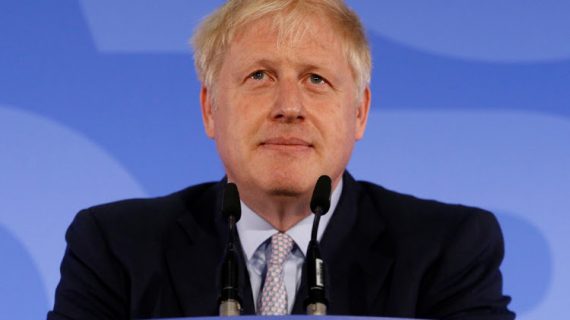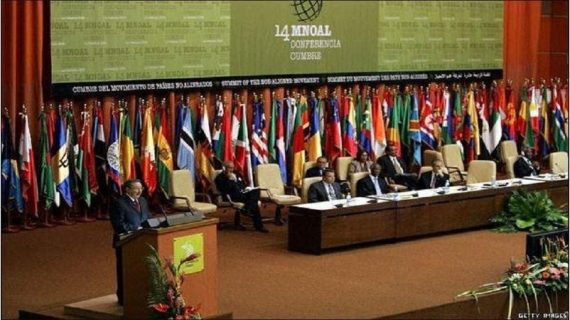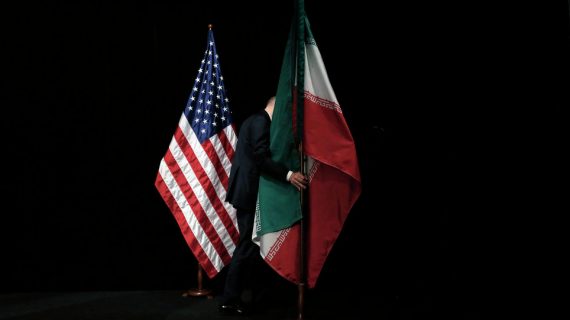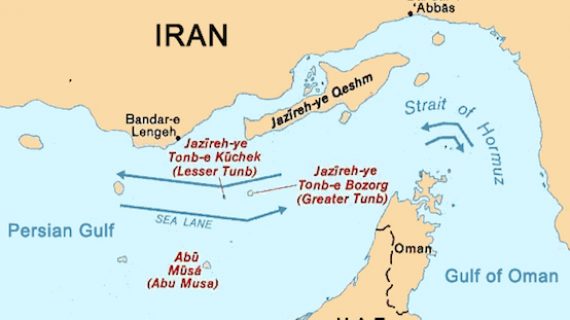Foiling US Sanctions on Iran: The EU Blocking Regulation
Reported by HPMM Group according to FINANCIAL TRIBUNE ; The EU has announced its intention to protect European businesses that wish to continue dealing with Iran by updating its “Blocking Regulation” before August 6, 2018, when the first tranche of US secondary sanctions are reactivated.
The Blocking Regulation is designed to counteract the effects of extraterritorial secondary sanctions imposed by the US by providing protection against their effect to EU residents and nationals and EU businesses.
It has previously been applied, with mixed results, to protect European Union persons from the application of US sanctions imposed on Cuba and Libya, as well as sanctions imposed on Iran before the Joint Comprehensive Plan of Action was agreed.
If implemented as proposed by the EU, the Blocking Regulation would prohibit compliance with the newly-announced US secondary sanctions on Iran.
However, it does not oblige EU persons to engage in Iranian business and there may be wider commercial reasons why they choose not to do so, reads an analysis published by legal news and information site Out-Law.com, developed by London-based law firm Pinsent Masons. The full text follows:
How Would Blocking Regulation Work?
The EU intends to update the Blocking Regulation to include the secondary sanctions that the US intends to reimpose on Iran in the coming months.
The regulation would operate in four ways in respect of the reactivated US Iranian secondary sanctions:
– Prohibiting EU persons from complying directly or indirectly—actively or by deliberate omission–with any of the sanctions without first obtaining authorization to do so. Authorization would be granted only to the extent that non-compliance would seriously damage the EU person’s interests;
– Prohibiting the recognition within the EU of any judgment of a non-EU court, tribunal or administrative authority giving effect to the sanctions;
– Enabling EU persons engaging in activities covered by the sanctions to claim damages caused by any person applying the sanctions; and
– Requiring EU persons affected directly or indirectly by the sanctions to notify the European Commission of this within 30 days. For corporate entities, the notification should be made by the directors, managers or others with management responsibilities.
The Blocking Regulation is directly applicable to EU member states and it will be up to them to enforce its provisions and specify the penalties for breaching its terms in national legislation. Historically, there has been mixed EU enforcement activity in connection with the Blocking Regulation.
The European Parliament and the European Council have two months to object to the updating of Blocking Regulation before it can enter into force, although this period can be shortened if both institutions signal that they do not object.
Both institutions have the same period to object to additional measures announced by the European Commission, which are designed to remove obstacles to the European Investment Bank deciding to finance activities outside the EU in Iran under the EU budget guarantee.
How Effective Will Blocking Regulation Be?
The effectiveness of the Blocking Regulation will depend on the appetite of EU persons to continue with business in Iran and risk being denied access to the US business and financial markets; denied travel to the US; and, in extreme cases, becoming a target of US sanctions.
Practical issues would also arise for EU persons when dealing with EU financial institutions. A majority of these are linked to and reliant on the US financial market and, notwithstanding the temporary lifting of sanctions under JCPOA, had predominantly remained wary of business with Iran.
Politically, however, the implementation of the Blocking Regulation may serve two goals. Firstly, it shows the European commitment to Iran to enforce the terms of JCPOA and secondly, it acts as a potential tool to negotiate from the US government waivers for EU persons from aspects of the secondary sanctions.
The commission perhaps hinted at this second goal when it stated in its press release that implementing the Blocking Regulation could “be ended if political circumstances no longer justify the adoption of the measures”.







